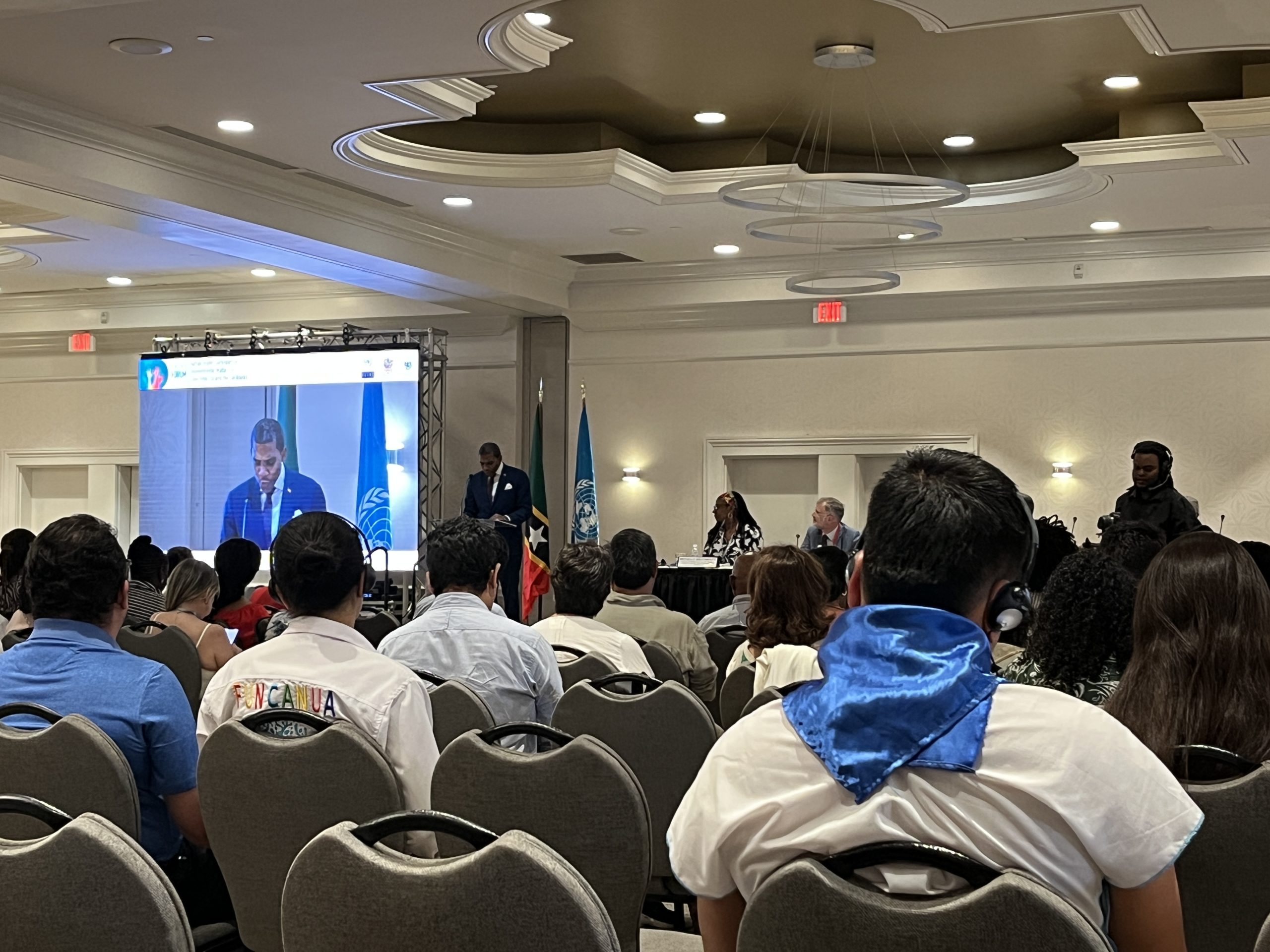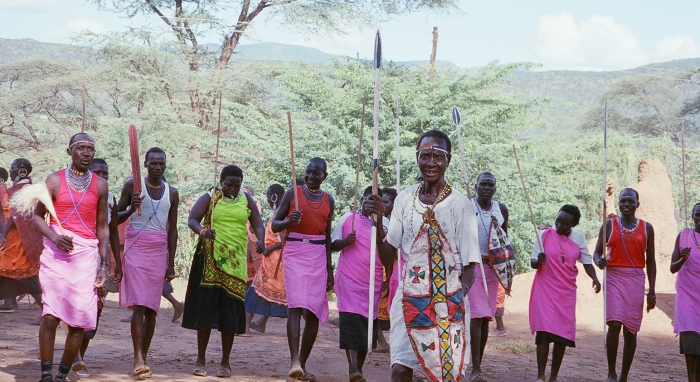In 2003, the Centre for Minority Rights and Development (CEMIRIDE) and Minority Rights Group International, filled a complaint before the African Commission on behalf of Endorois Welfare Council against the Government of Kenya. It claimed that the Kenyan Government violated the African Charter on Human and Peoples’ Rights (the African Charter) when it displaced the Endorois and failed to adequately compensate them for the loss of their property, disruption to their community’s pastoral enterprise and right to practice their religion and culture, as well as the overall process of development of the Endorois people. The African Commission made a historical decision in favour of the Endorois people’s demands which was formally approved by the African Union at its January 2010 meeting.
The African Commission’s decision called upon the Kenyan Government to report on the implementation of its recommendations within three months from the date of notification and further recommended collaboration with the Endorois in implementing these remedies. Concurrently with this decision, Kenya is undergoing a process of Constitutional review and there is hope on the part of civil society involved in this case that its result will positively impact the negotiation process in favour of greater recognition of economic, social and cultural rights.
The case marked the first time the African Commission has recognised indigenous peoples’ rights over traditionally owned land. It is also the first ruling by an international tribunal to find a violation of the right to development. The decision is also noteworthy because the African Commission emphasises the African Charter’s protection for collective claims to land rights by indigenous communities. Prior to this decision, the Endorois did not have an opportunity to launch an effective claim on their ancestral land in the Kenya High Court because the Kenyan Constitution only guaranteed civil and political rights.
Ten years later, there has not been much progress made on the African Commission’s recommendations for the registration of the Endorois Welfare Council. The panellists at the NGO Forum submitted that the Endorois’ rights of ownership to their ancestral land have not been recognised nor have they been granted unrestricted access to Lake Bogoria and surrounding sites for religious and cultural rites and for grazing their cattle. Further, they have not been paid adequate compensation for all the loss suffered from their displacement yet. High levels of unemployment among the Endorois continue as they have not adequately benefited from the employment opportunities within the Lake Bogoria National Reserve. Furthermore, the Endorois have not been satisfactorily consulted over the implementation of the Commission’s decision. Lastly, Kenyan Government did not report on the implementation of the Commission’s recommendations within three months from the date of notification.
Mr Cyrus Maweu, the Deputy Director of the Kenyan National Commission Human Rights (KNCHR) has attributed the lack of political will on the part of the Kenyan Government and the inadequate funding to its 2014 Task Force constituted to devise a way forward on the implementation of the recommendations as some of the key challenges hindering the implementation of the African Commission’s recommendations.
Mr Nyang’ori Ohenjo, the CEO of CEMIRIDE expressed great displeasure with the non-implementation of the African Commission’s recommendations which, in his view, continues to negatively impact on the rights of Endorois indigenous people. He stated that many Endorois community member’s land rights remain unregistered. He also observed that these adverse impacts also make the Kenyan Government vulnerable to not meeting its 2030 Sustainable Development Goals.
Ms Eunice Nsikak Olembo, the Africa Legal Officer at Minority Rights Group International stressed that unemployment levels amongst members of the Endorois community continue to rise as their livelihoods greatly depend on their access to Lake Bogoria and surrounding sites. Consequently, their children drop out from schools, crime escalates, families get disintegrated and their mental health is affected. Mr Ohenjo also added that land degradation as a result of converting land into commercial use has also impacted on climate change. These adverse impacts also make the Kenyan Government vulnerable to not meeting its 2030 Sustainable Development Goals.
The following recommendations have been made:
- The African Commission, the Kenyan Government, the KNCHR and NGOs should take steps to ensure that the decision is implemented;
- The Kenyan Government must-
- constitute or reconstitute an inclusive task force on the implementation of the African Commission’s recommendations with a clear mandate and specific timelines;
- create an inventory of indigenous peoples in Kenya and work toward protecting their land;
- recognise the right of the Endorois community to express their consent before any developments are implemented on their ancestral land;
- enact equitable benefits-sharing legislation so that investments from the exploitation of the forest benefit the Endorois community;
- ensure that there is joint forest management between Endorois community and Kenyan Government in terms of devising climate change response measures; and
- provide consolidated data on ethnic minorities and Internally Displaced Persons in Kenya.




